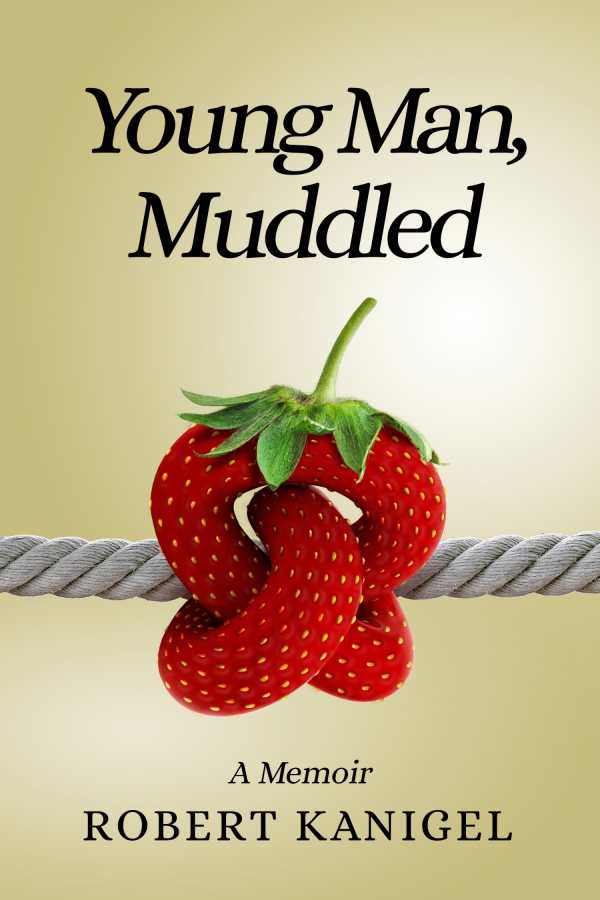Young Man, Muddled
A Memoir
A coming-of-age memoir steeped in the arts and events of the 1960s, Young Man, Muddled is a compelling mix of personal and political musings.
Robert Kanigel’s contemplative memoir Young Man, Muddled revisits his youthful confusion during the historic events of the 1960s.
In Young Man, Muddled, biographer Robert Kanigel makes the young man he once was the subject of his research and analysis, relying on letters, clippings, and other memorabilia in addition to his personal recollections. The memoir personalizes historic events in the 1960s that challenged America’s conventional 1950s culture. Those events prepared Kanigel to question the expectations set for him as a middle-class, Jewish college graduate.
Detailed flashbacks appear often, tied to epiphanies or events that arose in subsequent years. Scenes from Kanigel’s socially isolated childhood, for example, are interspersed with descriptions of the antiwar March on the Pentagon in 1967, where Kanigel felt like part of a group other than his nuclear family for the first time. And whether any war can be ethical becomes a recurring question that fuels the book’s direction. Kanigel’s father had drummed into him the idea that “only the force of Allied arms” had stopped the total extermination of the Jewish people by Nazi forces. And yet Kanigel’s youthful analysis of the Vietnam War convinced him that war was “senseless and sick.” The conflict between these two worldviews inserted itself into Kanigel’s professional life in his first job out of college as an engineer in the armaments industry.
The armaments industry experience results in a visceral central image: that of the witness plate, the thin sheet of aluminum positioned behind a sturdier target mimicking an armored tank. If experimental ammunition pierced that target, the sheet of aluminum became a “jagged tangle of macerated metal,” proving the ammunition’s power to destroy human bodies behind armor. The image is drawn upon to make a powerful case that the war industry engages in intentional brutality. However, when the image reappears toward the end of the book, used to liken a boy’s emotional naïveté to an unscarred witness plate, that power falters.
The prose is active and often literary. Cultural touchstones of the 1960s, including its film and music, are embedded in Kanigel’s experiences and explained with as much care as he devotes to covering the workings of the armament industry: in covering a broken-off engagement, for example, the book says that Kanigel decided to reach toward “something more worthy of the titanic stakes of the time” after seeing a film about an old man and his disappointments.
The memoir’s contemplative tone is tempered by its rigorous self-analysis. There’s a clear demarcation in the book between a man’s life when it’s lived with other men, as in the armaments factory, and a man’s life when lived with women, as in the several early love affairs that are detailed. In life with men, there was convention, predictability, and loneliness; in life with women, the arts seeped in and challenged predictability, and there was creativity and companionship.
A coming-of-age memoir steeped in the arts and events of the 1960s, Young Man, Muddled is a compelling mix of personal and political musings.
Reviewed by
Michele Sharpe
Disclosure: This article is not an endorsement, but a review. The publisher of this book provided free copies of the book and paid a small fee to have their book reviewed by a professional reviewer. Foreword Reviews and Clarion Reviews make no guarantee that the publisher will receive a positive review. Foreword Magazine, Inc. is disclosing this in accordance with the Federal Trade Commission’s 16 CFR, Part 255.

